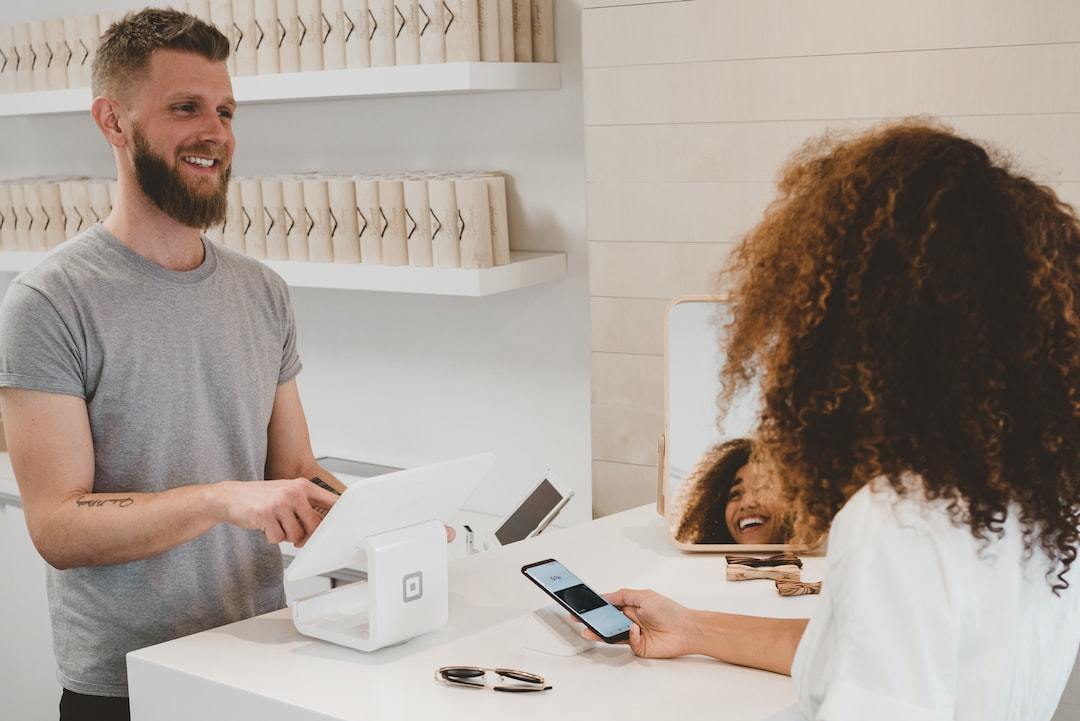The truth: When professionally designed and ethically executed, mystery shopping builds trust — between management and frontline teams, and between the brand and its customers. Its core purpose is to measure the actual customer experience, enabling service standards to be elevated through training and actionable feedback, with a clearly defined purpose and transparent rules of engagement.
Why Mystery Shopping Strengthens (Rather Than Erodes) Trust
1. Ethical framework and transparency with employees.
According to MSPA guidelines, the primary goal of mystery shopping is service improvement and staff development — not punishment. Results are used for coaching and enhancement, and employees should be informed that this method is periodically applied.
2. Objective insight into customer reality.
The largest global analysis of customer interactions, Smiling Report 2025 (based on 663,768 evaluations across 27 countries), recorded a +1.9 point increase in greeting scores and a +5.2% annual rise in add-on sales — with the automotive industry leading across all categories. This indicates that structured measurement and feedback enhance the quality of frontline interactions, not diminish them.
3. Data linking staff behavior to customer loyalty.
Strong correlations have been documented between mystery shopping KPIs and loyalty metrics such as NPS and CES (e.g., personalized engagement and clarity on next steps). These KPIs are predictive of customer retention and satisfaction.
Notably, NPS is strongly linked to business growth: Bain & Company reports that NPS leaders grow more than 2× faster than competitors. Forrester modeling shows that in the mass-market automotive segment, just a +1 point increase in CX Index can generate over $1 billion in additional revenue.
📊 Three Key Statistics That Debunk the Myth
- +5.2% increase in add-on sales and +1.9 points in greeting scores globally (2025), based on 663,768 mystery shopping visits — clear evidence that structured evaluation and feedback improve interactions, not harm them.
- Strong correlations between MS KPIs and NPS/CES; corrective action waves following MS programs lead to measurable NPS growth (Ipsos/MSPA study).
- NPS leaders grow >2× faster across industries (Bain), while +1 CX point in automotive can unlock $1+ billionin revenue (Forrester) — demonstrating that investing in real frontline behaviors has tangible business impact.
🧭 How to Implement Mystery Shopping That Builds Trust (B2B Playbook)
Set a clear objective: Focus on measuring brand standard execution and staff development — not discipline. Communicate the program’s purpose to your team in advance.
Design realistic scenarios: Tailor them by customer segment and channel (in-store, phone, web), with KPIs that predict loyalty (e.g., personalization, clear next steps, timely follow-up).
Integrate the data: Link MS results with NPS, VoC, and sales performance to demonstrate ROI (Bain/Forrester framework).
Protect ethics and relationships: Aggregate results, channel them into coaching, and highlight best practices. (Regulators such as EIOPA use mystery shopping to improve transparency in the sale of complex products — further legitimizing the method.)
✅ Ready for a Program That Delivers Fair Measurement, Clear Training, and Better Results — with Visible ROI?
Join our #CXMythBuster session on LinkedIn and reach out via intelligence.rs.

